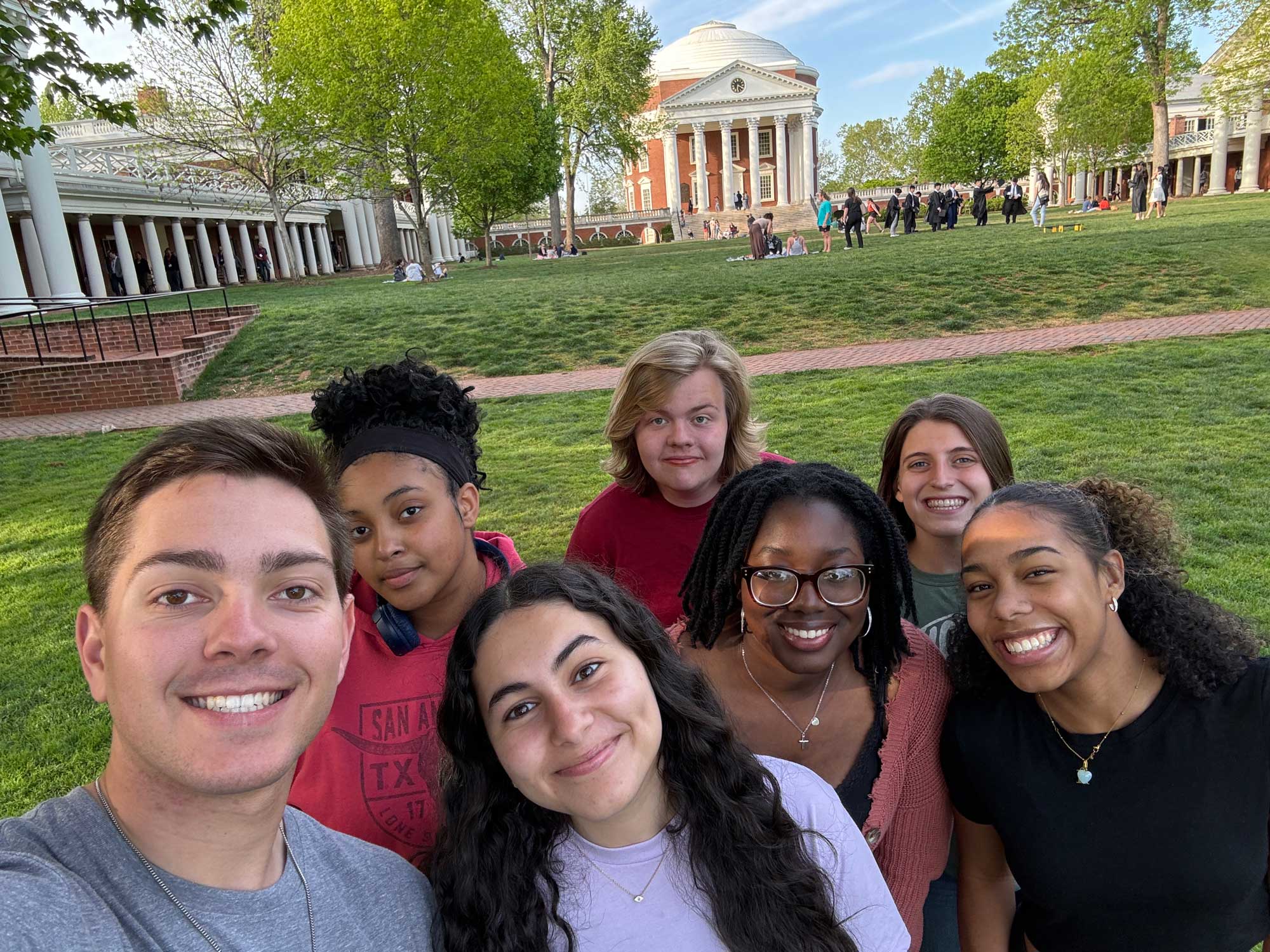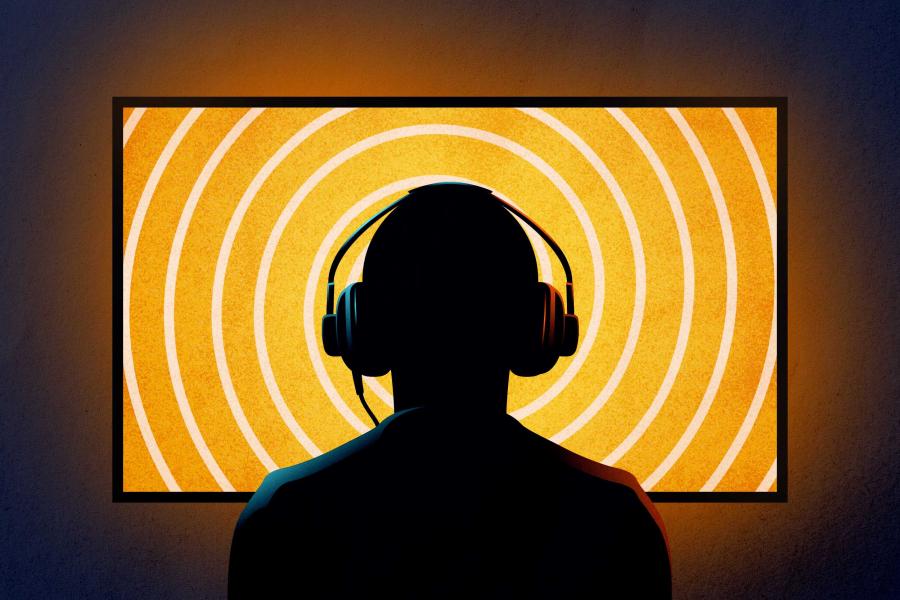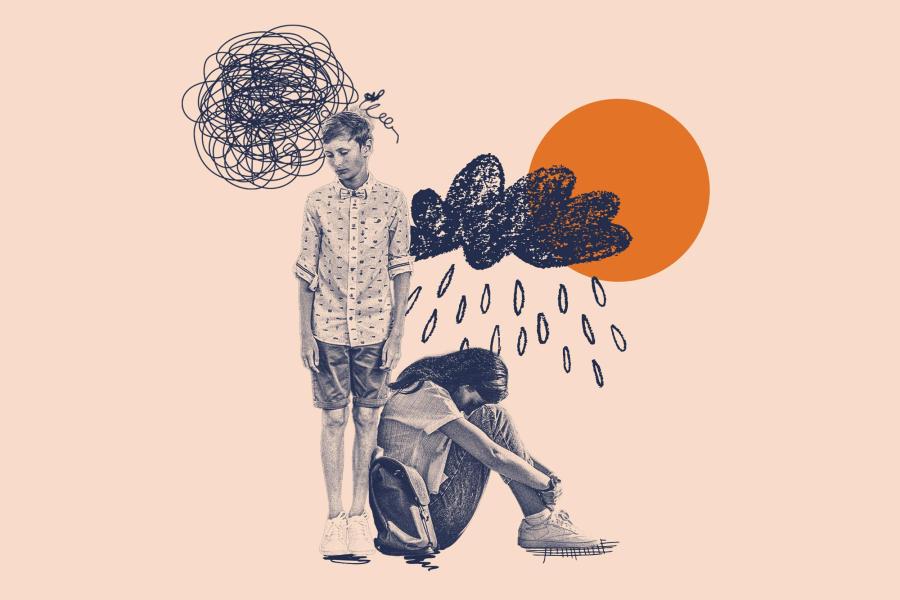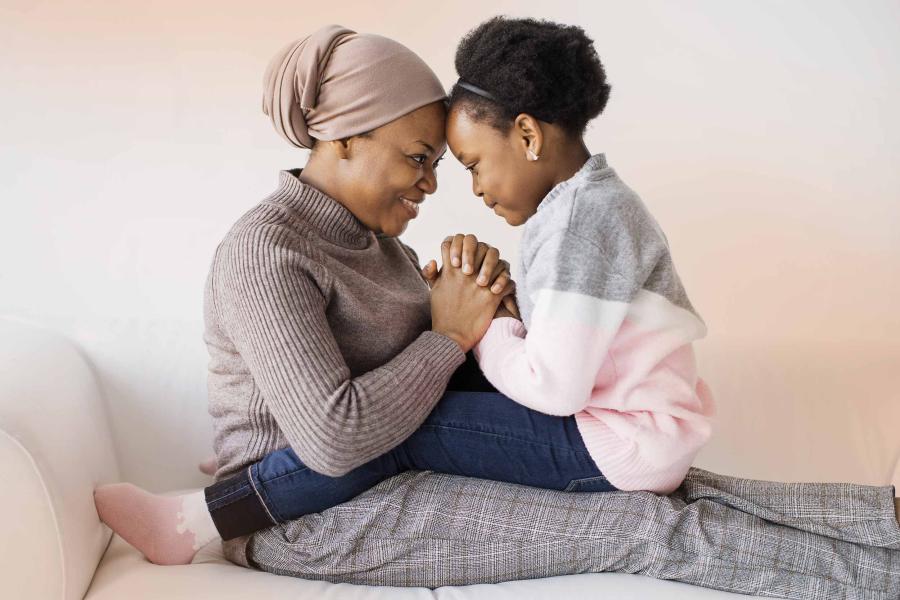A new Gallup survey found 25% of young American men between the ages of 15 and 35 said they felt lonely a lot the previous day. That is compared with 18% of females in the same age range, according to aggregated data collected from 2023 and 2024.
The 25% figure also stands in contrast to the median 15% of men reporting loneliness across 38 mostly higher-income, democratic countries, including the United Kingdom, France and Australia.
In January, a separate Pew Research Center survey showed little difference between reported levels of loneliness between men and women, with about 1 in 6 Americans – 16% – saying they felt lonely or isolated from those around them all or most of the time.
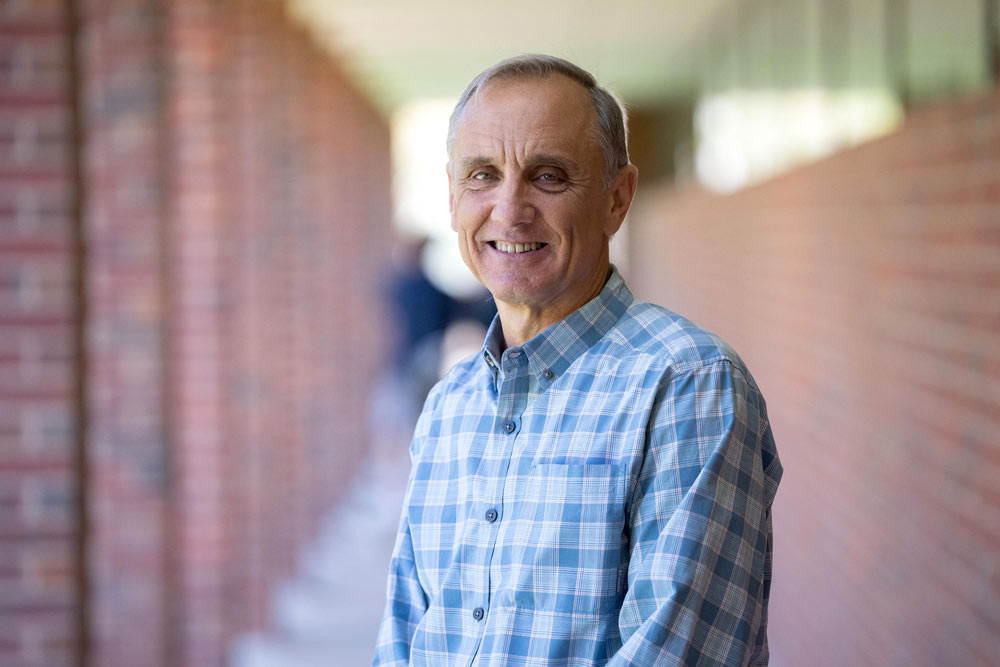
Allen says students who participate in Hoos Connected often report “it’s one of the most meaningful things they’ve done at UVA.” (University Communications photo)
“It’s interesting because you have two studies that are finding somewhat different things,” University of Virginia psychology professor Joseph Allen said. “I think probably the bigger picture is that young people are very lonely. We’ve just seen levels of loneliness skyrocket in the past 15 years really, but especially since COVID,” he said.
“The effects of social media on young people are something people are actively debating and trying to understand,” Allen said. “What we know is they are interacting with each other less in person.”
Allen said it’s not surprising men report being more lonely than women in some surveys. “We know that in adulthood, men tend to have less strong social relationships, a smaller social network than women. And while the 25% loneliness figure in the Gallup survey is high, it’s almost certainly a real under-representation of how much loneliness is out there. Especially for males, to admit that you’re lonely is a pretty vulnerable thing to do,” Allen said.
Opening Up Is Healthy
The teen psychologist also pointed to the harmful masculine stereotype discouraging vulnerability. Embracing openness instead, he said, could help tremendously.
“One of the things we know is that sharing your uncertainties and doubts with a friend is one of the ways that you bond and that you realize … everybody has uncertainties and doubts,” Allen said, adding that sharing creates bonds. “If you’re going through your whole life needing to hide that … and you’re with other males who are saying, ‘I’m doing just fine,’ then it’s kind of lonely because you’re never sharing key parts of what you’re actually feeling.”








